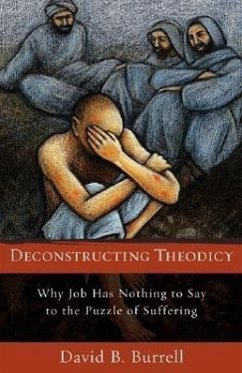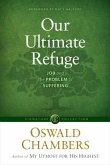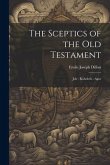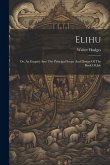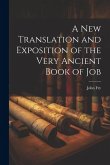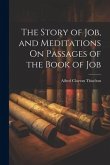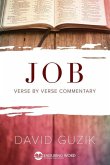Maimonides called Job a "strange and wonderful book." For many, "strange" might well suffice. Though Job has been characterized as a theodicy, to the sincere reader the book can fail to satisfy the soul's longing for answers to the problem of suffering. Perhaps that in fact is the point of Job--there are no satisfactory propositional arguments for why people suffer. In this compact yet rich volume, philosopher of religion David Burrell shows that Job actually deconstructs the theories of theodicy proposed by commentators over the centuries. This is seen in the fact that Job's three friends themselves offer theodicies, but are rebuked in the end; whereas Job, who seeks only to speak to God, is granted his audience. Rather than providing an exegetical commentary, Burrell engages in theological and philosophical reflection on the major movements of the book. Deconstructing Theodicy also contains an interfaith perspective with the inclusion of a chapter by Islamic scholar A. H. Johns on the reading of the Job figure in the Koran. Burrell then goes on to examine the treatment of Job in four classical commentaries and finally explores Job's contribution to faith and theology as an affirmation that God hears and heeds our cries of anguish.
Hinweis: Dieser Artikel kann nur an eine deutsche Lieferadresse ausgeliefert werden.
Hinweis: Dieser Artikel kann nur an eine deutsche Lieferadresse ausgeliefert werden.

